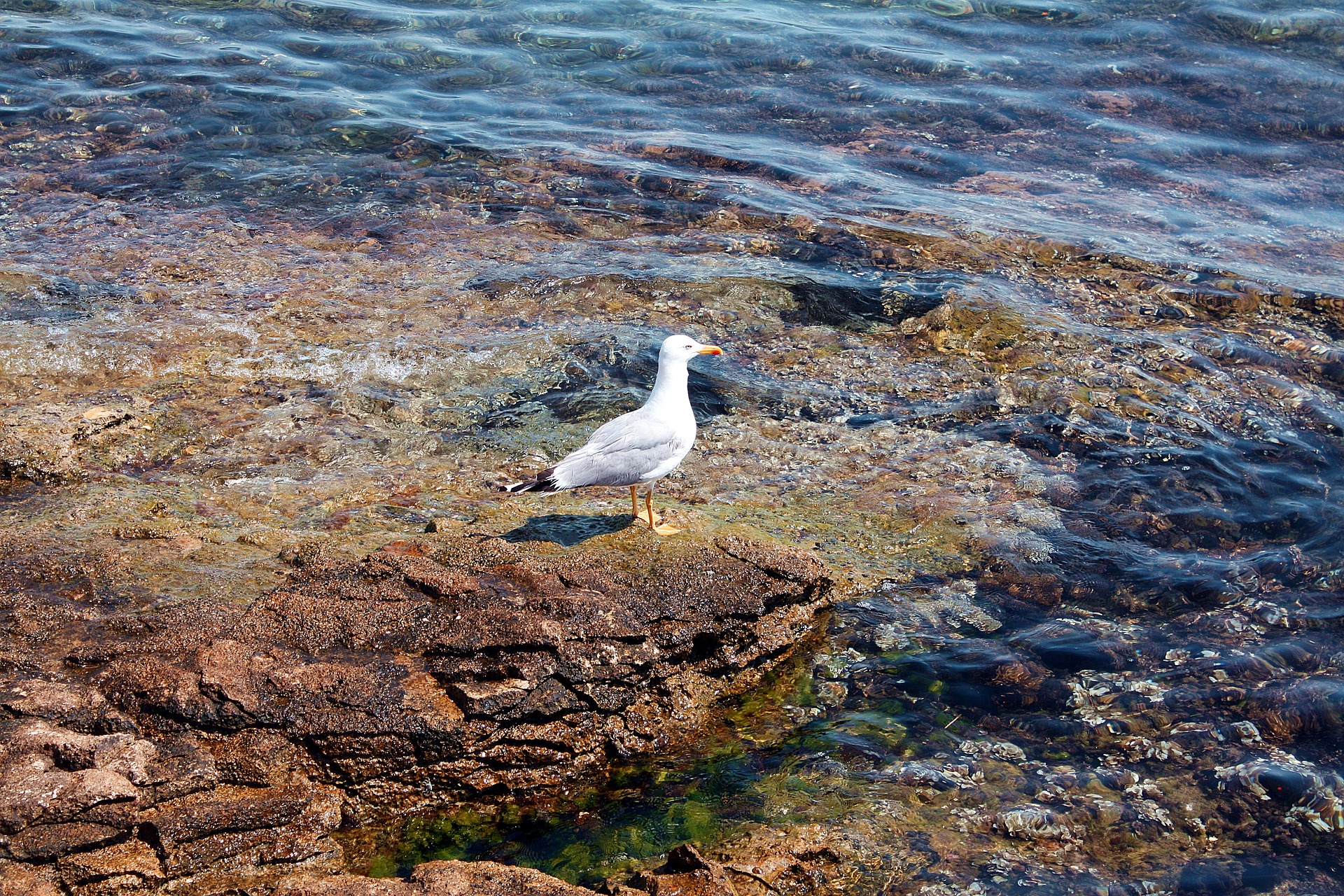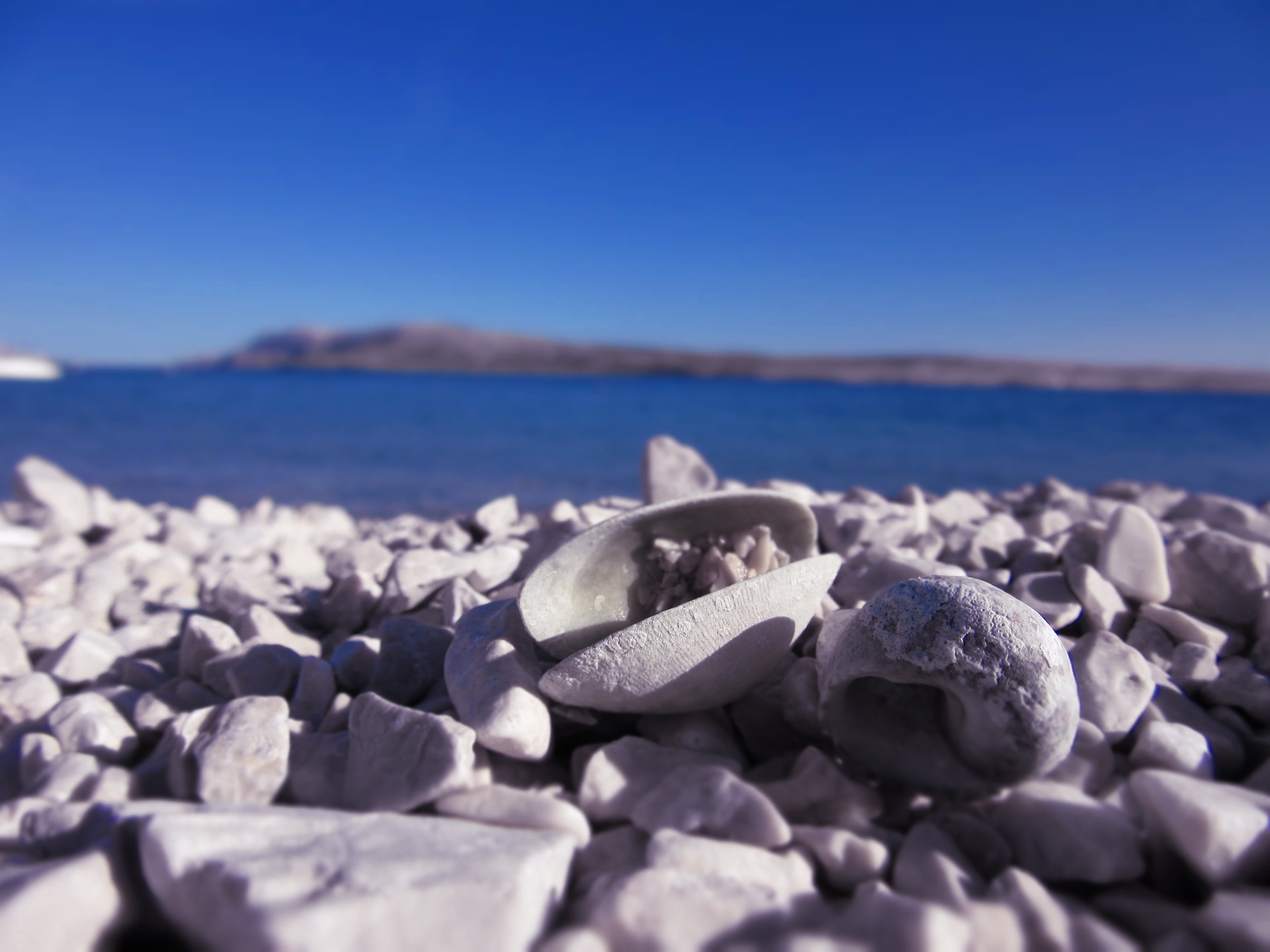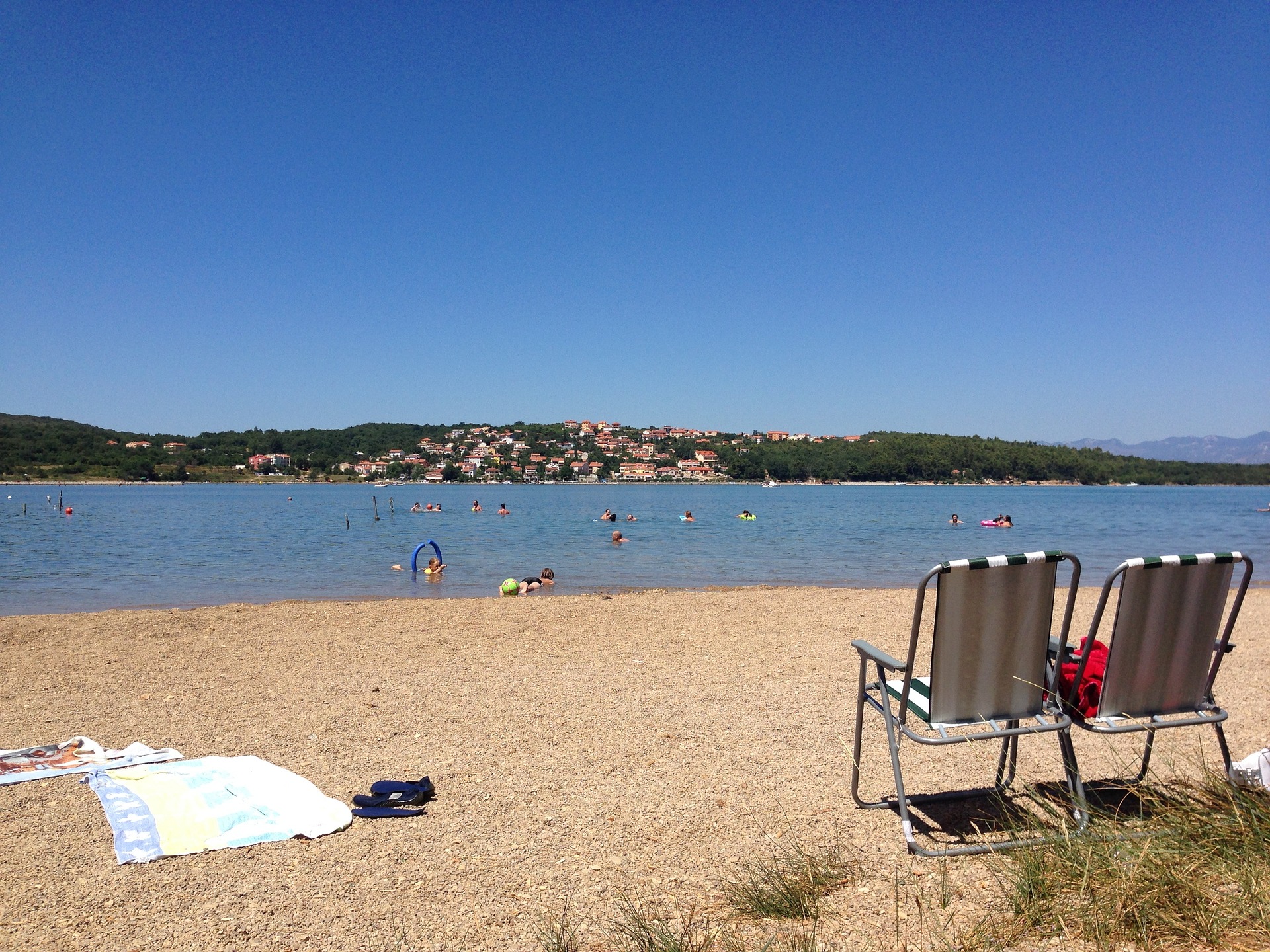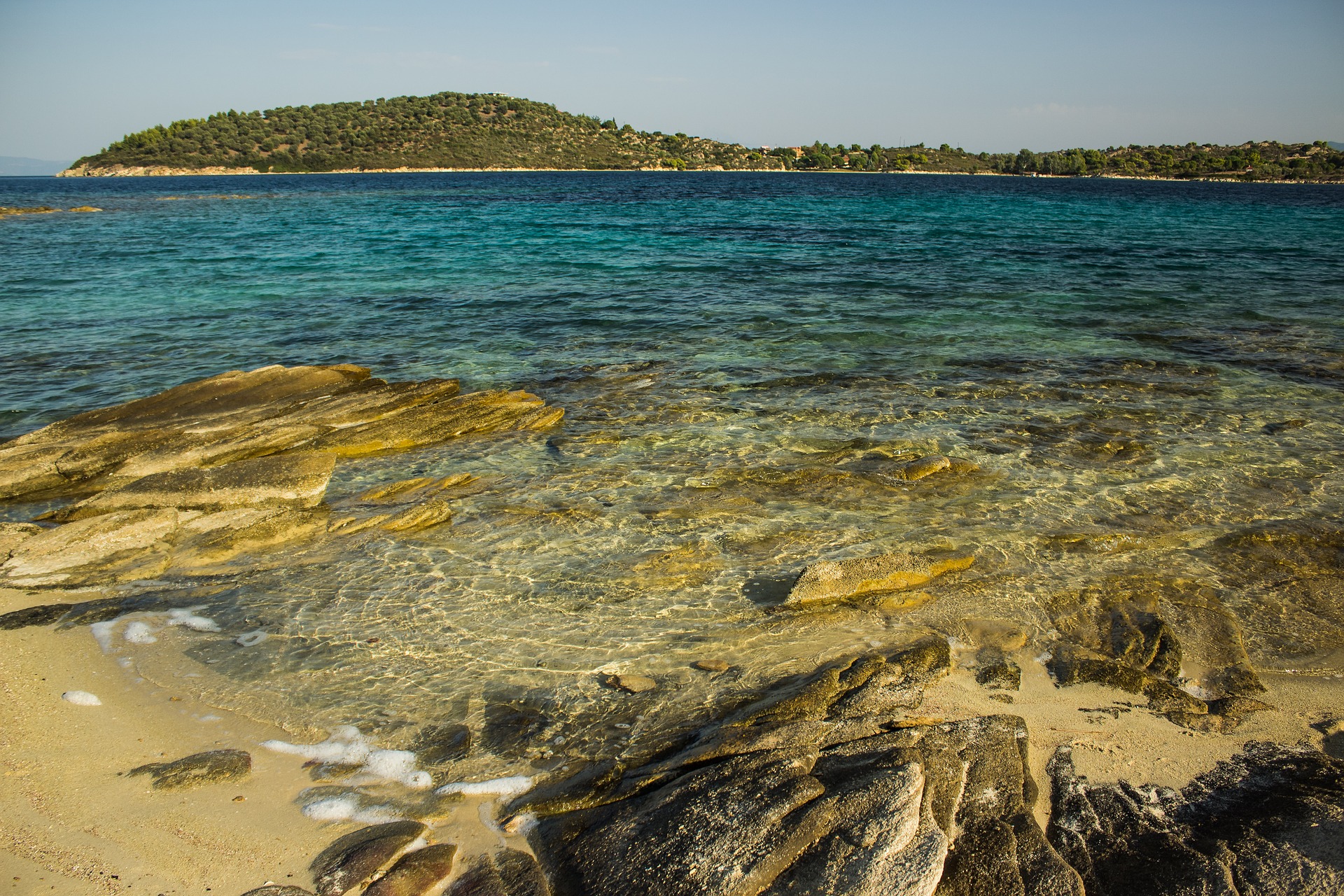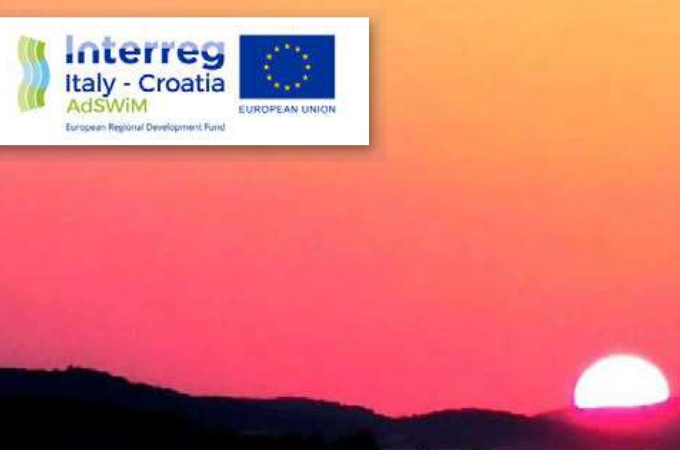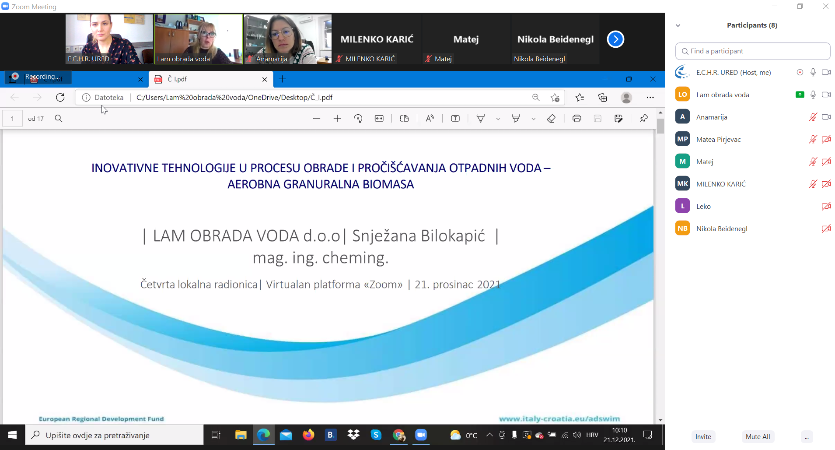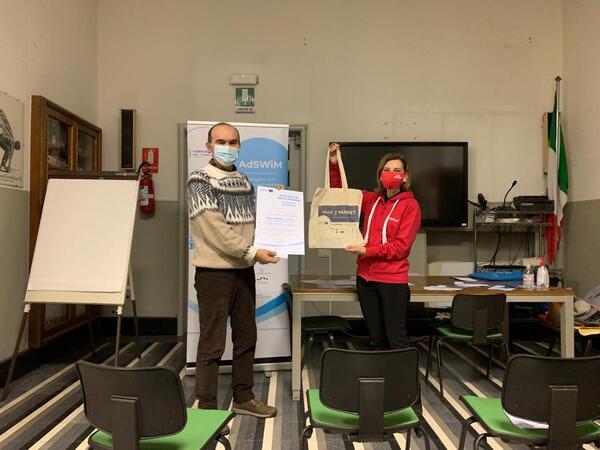Every year the Commission and the European Environment Agency publish a summary report on the quality of bathing water based on the information provided by Member States. The report tracks the water quality at more than 21 000 bathing sites across the EU, Switzerland and Albania. As far as The Adriatic Sea concerns, the quality of seawater is uneven; there are disparities between nutrients / organic matter / microbial contamination in different transboundary areas that result in loss of ecosystem integrity. AdSWiM Project seeks to determine whether urban wastewater treatment plants with discharges located in the sea are one sample of this disparity and, if so, to determine a way to optimize them.
Since the 1970s, the EU has had rules in place to safeguard public health and clean bathing waters. The revised Bathing Water Directive (BWD) of 2006 updated and simplified these rules. It requires Members States to monitor and assess the bathing water for at least two parameters of (fecal) bacteria. In addition, they must inform the public about bathing water quality anrequiresd beach management, through the so-called bathing water profiles. These profiles contain for instance information on the kind of pollution and sources that affect the quality of the bathing water and are a risk to bathers' health (such as waste water discharges).
The three countries with the highest numbers of poor quality bathing water sites are Italy (89 bathing water sites or 1.6 %), France (54 sites or 1.6 %) and Spain (50 sites or 2.2 %). In comparison with the 2017season, the number of poor quality bathing water sites in France decreased (from 80 in 2017 to 54 in 2018), while there was an increase in poor quality bathing waters in Italy (from 79 to 89) and in Spain (from 38 to 50). Croatia is one of the countries (54) with the major number of new bathing waters sites registred between 2015 and 2018, among them 13 urban bathing waters in the coastal towns of Dubrovnik, Rijeka, Split, Trogir, Vodice, and Zadar. Most of these are still need to be monitored.
The aim of the AdSWiM project is to improve both the quality of bathing waters and the ecological level of the marine and coastal ecosystems, which ultimately results in the strengthening of integrated transboundary water resources management processes, creating the basis for an objective exchange of experience between local governments and the boards of various process experts / leaders of urban wastewater treatment.
In the specific objectives of this project are the development of innovative new instruments that will help us to gain greater knowledge and better control of the ecological status of coastal water near the marine discharges of wastewater treatment plants; innovative and environmentally friendly urban wastewater treatment technologies and changes to specific regulations to achieve higher standards and flexibility of protection in each intervention.
Check out the EEAs interactive map.

